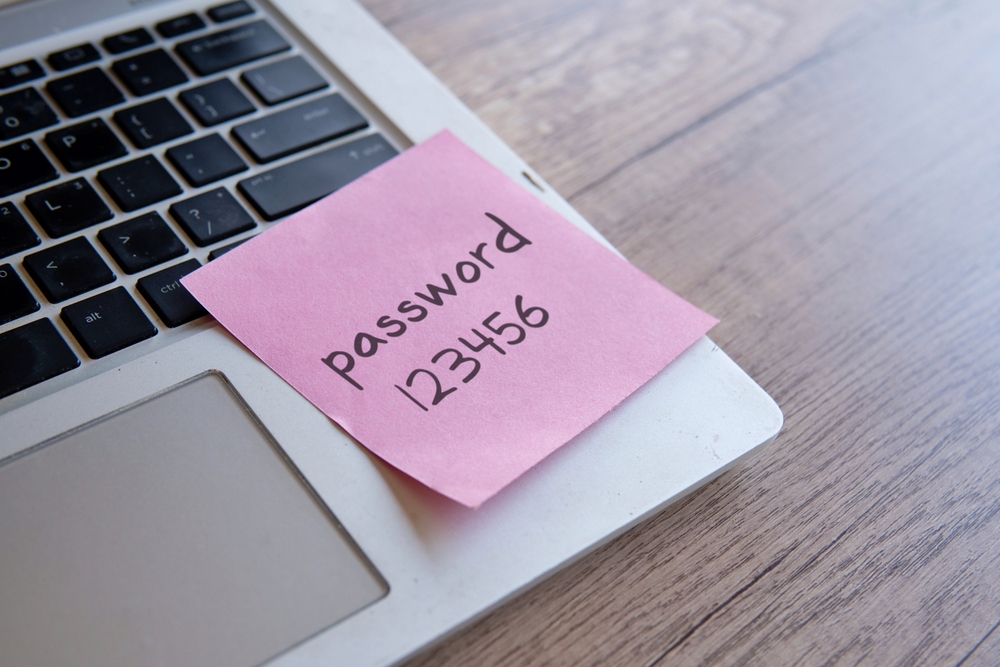In an age where digital security is paramount, password managers have become essential tools for protecting our online identities. These applications securely store and manage your passwords, making it easier to access your accounts without compromising security. This guide will delve into the features, benefits, and considerations of using password managers to help you make an informed choice.
Understanding the Features of Password Managers
Password managers offer a range of features designed to simplify and enhance your digital security. At their core, they securely store your passwords in an encrypted vault. This means you only need to remember one master password to access all your other passwords. Most password managers also include automatic password generation tools, which create strong, unique passwords for each of your accounts, reducing the risk of breaches due to weak or reused passwords.
In addition to storing passwords, these tools often come with browser extensions that automatically fill in login credentials for you. This convenience not only speeds up the login process but also helps prevent phishing attacks, as you’re less likely to enter your credentials on fraudulent sites. Advanced password managers can also store other sensitive information, such as credit card details and personal notes, securely within the same vault.

Benefits of Using a Password Manager
The primary benefit of a password manager is improved security. By generating and storing complex passwords, these tools mitigate the risks associated with weak or reused passwords. They also protect you from keyloggers and phishing attacks by auto-filling credentials only on legitimate sites. With these layers of protection, you significantly reduce the chances of your accounts being hacked.
Another advantage is convenience. Remembering multiple passwords can be cumbersome, especially if you follow best practices by using a different password for each account. A password manager alleviates this burden by consolidating all your passwords into one secure location. Additionally, many password managers offer features like secure sharing options, which allow you to share passwords with trusted individuals without exposing them to potential security risks.
Choosing the Right Password Manager for Your Needs
When selecting a password manager, consider features such as cross-platform compatibility, ease of use, and the level of customer support provided. Some password managers are designed for individual use, while others offer solutions tailored for families or teams. For instance, a family password manager can be an excellent choice if you want to manage and share passwords securely with family members. This feature is especially useful for parents who need to oversee their children’s online activities and manage shared accounts without compromising security.
Additionally, evaluate the security protocols used by the password manager. Look for features like end-to-end encryption, multi-factor authentication, and regular security audits. These elements ensure that your data remains protected from unauthorized access and breaches. It’s also important to check for user reviews and ratings to gauge the reliability and performance of the password manager.

Maintaining Your Password Manager
Once you’ve chosen a password manager, maintaining it is crucial for ongoing security. Regularly update your master password and ensure it is strong and unique. Keep the password manager application updated to benefit from the latest security patches and features. Additionally, review and update your stored passwords periodically, especially if you suspect any of them might have been compromised. Educate yourself and other users about safe password practices and ensure everyone involved understands how to use the password manager effectively. By staying proactive and vigilant, you can maximize the benefits of your password manager and maintain a high level of digital security.
Password managers are vital tools for managing and securing your digital identities. By understanding their features, benefits, and how to maintain them, you can make an informed decision and enhance your online security.

